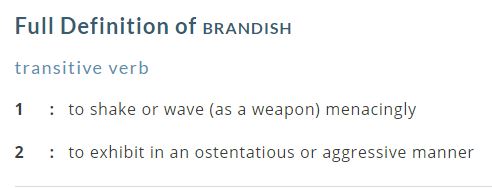CHARLOTTE, N.C. — Charlotte-Mecklenburg Police say that Keith Lamont Scott was holding a handgun — not a book — moments before he was shot and killed by an officer Tuesday afternoon.But one expert questions whether CMPD was justified in its initial interaction with Scott, even based on the police’s own version of events…
…According to a statement by CMPD Chief Kerr Putney, the officers “observed a subject, Mr. Keith Lamont Scott, inside a vehicle in the apartment complex. The subject exited the vehicle armed with a handgun. Officers observed the subject get back into the vehicle at which time they began to approach the subject.”
Putney’s statement continued: “Officers gave loud and clear verbal commands, corroborated by witnesses, for the subject to drop the weapon.”
Gregory Wallace, a law professor at Campbell University in Raleigh, said the city’s statement raises questions as to why police ordered Scott to drop his gun.
In North Carolina, the open-carry of a handgun is legal. Concealed carry is also legal, so long as you have a permit.
Source: Police said Keith Lamont Scott had a gun. Was that reason enough to order him to drop it?
I understand that maybe the general population and some most media folks may not know the meaning of the word brandish. But that does not mean that they are unaware of the concept.
If they see a man waving around with a gun in his hand, they will shriek and call the cops, why? Because intuitively they know that is somebody dangerous. But there is no damned excuse for a law professor not to know the difference between open carry and brandishing…unless he is teaching (maybe) because he sucked as a lawyer or he is just lying.
Now I am going to have to consider adding Law Professors to the list of people you should never ask gun advice.


It’s not that he doesn’t know the difference, he’s just lying to fit the narrative he wants to tell. He calls this instance of brandishing, carrying, for the same reason he calls our carrying, brandishing.
And the facts that indicate Scott was “brandishing” as opposed merely holding or possessing are what?